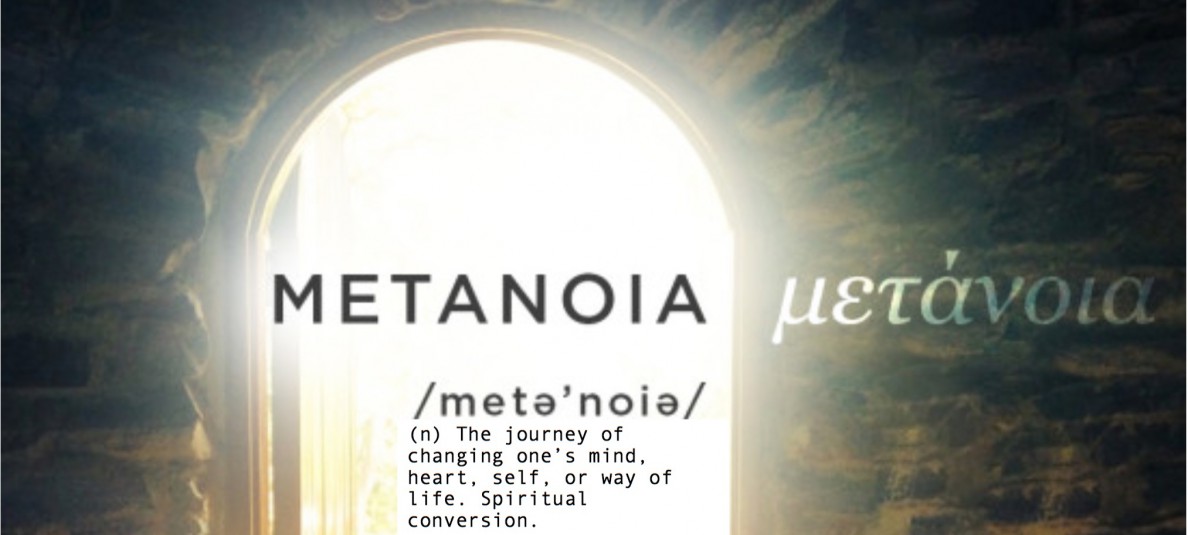Click Here for the Lectionary Texts
By: The Rev. Jerrod McCormack
Many of us will be deeply familiar with the story of Job. He is a man who loses everything as part of a divine wager in which the accuser is allowed to take away all of the wealth and privilege that he has been privy to throughout his life. As part of the test, the accuser takes Job’s fortunes, his friends, and even his family. Even Job’s wife tells him that it would be better for him if he would simply curse God and die. (Job 2:9)
Can you even begin to imagine what that must have been like? That everything you ever possessed was taken away and even your family turn their backs on you. They were convinced that Job had done something wrong to bring God’s wrath forth on himself. However, throughout this whole theodicy, that is the experience of the absence of God, it becomes so incredibly clear that this is not the consequence of Job having done something wrong. That was the dominant theology of the day. If you’re wealthy it’s because God has blessed you and if you’re poor then that is because you have sinned and God is punishing you. We still see this theology alive and well in what many refer to as the “prosperity gospel.” In the West, this type of theology is often married with nationalistic pride.
But here in the last chapter of the book we come to this passage that speaks about the restoration of his wealth and his family. The passage tells us that “The Lord blessed the latter days of Job’s life more than his beginning…”
I can’t help but wonder what it truly means to be blessed by God? Is that a life that comes with rich resources? Is it a life that comes easily? Or is it free from defeat or disappointment? I can’t bring myself to hold that any of those things are reflective of what it truly means to be blessed by God. For the sake of transparency, I should own my understanding is shaded by my own experience of life. My experience of life teaches me that not a single one of us escapes this life unscathed by challenges, difficulties, defeats, and disappointments. These things are simply consequences of being ‘alive.’
I’ve met with so many people who are struggling and asking the question of “Why is this happening to me?” It’s a question that many of us struggle with when we’re in these difficult places. We can be tempted to think that it’s because we did something or we didn’t do something we should have. Often, we are in difficult places because we’re alive and managing the struggles and challenges of life is just a part of it.
A wise young woman once said, “Why not me? Why am I so special as to be spared the pains and challenges of life?” I was privileged to know her for a significant chunk of her life and mine. I now find myself asking that question more regularly in the places where I am tempted to ask why instead I wonder why not me?
The last verse of this passage is one that really prompted my imagination. In spite of all the trials and challenges that Job had overcome, the scriptures record that when he died, “He died old and full of days.” (v. 17)
What does it look like to live a life that is “full of days?” I am convinced that it means living our lives to the fullest that we can. It means finding our passions in life and embodying them fully and by doing so to make life full and abundant.
We can see this in the life of artists who give up big careers and lots of money to pursue their art. We see it in the lives of those who devote themselves to the religious life for the sake of the world. We see it in the people who devote their lives to making this world a better place with one act of compassion at a time.
In the midst of this Covid-19 pandemic, I’d be remiss to not mention the men and women who have given their lives to provide care for those who are sick and dying at great personal risk to themselves and their families.
St. Teresa of Calcutta famously said, “In this life, we cannot always do great things. But we can do small things with great love.” Finding that great love and making it manifest in the world is one of the ways that we can live our lives “full of days.”
What will it look like for you to live your life “full of days?”


